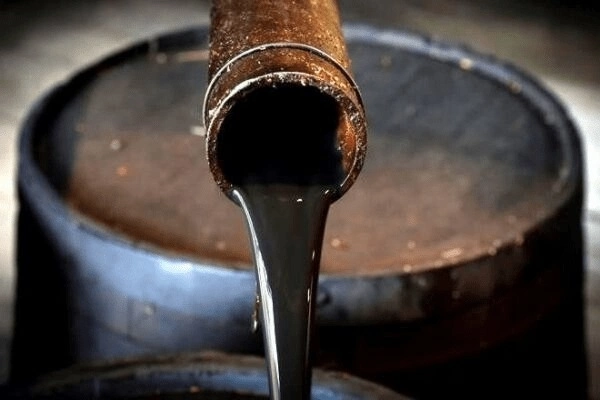

ONGC's mega investment plans
India, as it presses the pedal on a free trade agreement with Russia to boost economic and trade activities, has a message to the world — that New Delhi will be guided by strategic autonomy and dynamics that suit the country’s macro-economic fundamentals.
The two countries have already initiated talks on a free trade agreement notwithstanding sanctions imposed by the US and the West on Russia. The developments are being closely watched by the world. India has maintained it may even increase oil imports from Russia.
Recently, Finance Minister Nirmala Sitharaman, who was in Washington to attend the spring meetings of the World Bank and International Monetary Fund said that India will explore buying Russian crude oil near or past the price cap imposed by the G-7 nations to suit domestic interests. India imports more than 80 per cent of its total oil requirements.
In an interview to Bloomberg, she did not mince words. “Yes, because otherwise, I’ll end up paying far more than what I can afford. We have a large population and we also, therefore, have to look at prices which are going to be affordable for us,” she said.
Besides oil, India is also importing fertiliser, one of the most critical raw materials for the farm sector from Russia. Inbound shipment of fertiliser from Russia could expand too.
Sources said that if the price of fertiliser is favourable, New Delhi will look at reducing imports from other countries while relying more on Russia.
“Our production volumes exceed the consumption volumes of the domestic market 2.5-fold, so there are enough resources to increase supply volumes,” the Deputy Prime Minister – Head of the Ministry of Industry and Trade of Russia Denis Manturov said.
Moscow is also aggressively looking at ways to increase imports from New Delhi to maintain the trade balance, which will help cement the rupee-ruble transaction mechanism.
“We are actively working in a bilateral format to increase Indian imports, as their volume has recently remained virtually unchanged,” news organisation TASS quoted Alexander Kozlov, Deputy Director of the Russian Foreign Ministry’s Second Asian Department, as saying.
In 2022, the trade turnover between the two countries touched $35.3 billion registering a growth rate of a whopping 160 per cent.
Also read: Washington’s concerns grow as Indian rupee, yuan accelerate de-dollarisation
The Jammu and Kashmir Disaster Management Department conducted a mock drill simulating a Glacial Lake…
The Indian Institute of Technology (IIT) Guwahati researchers have developed a community-scale water treatment system…
Union Minister for Environment, Forest and Climate Change, Bhupender Yadav on Friday chaired an Interactive…
The Voice for Baloch Missing Persons (VBMP) has demanded the swift release of two Baloch…
The Israeli Defence Forces shared that on Thursday night it targeted the missiles manufacturing sites…
Prime Minister Narendra Modi is set to flag off the Vande Bharat Express connecting Patliputra…